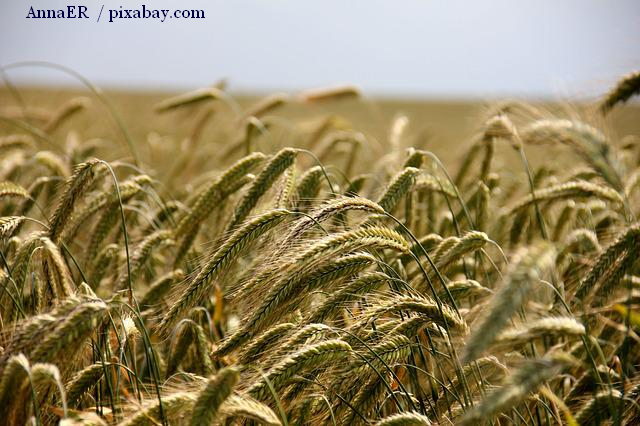Customs duty waiver for Ukraine
The EU extended its customs duty waiver for imports from Ukraine by one year

Daniela Budu, 26.05.2023, 13:50
In order to support Ukraines economy, severely hit by the Russian invasion, the EU trade ministers Thursday approved the Commissions proposal to extend by another year the trade facilities granted for Ukraines exports. All import duties are therefore lifted until June next year.
By renewing the measure, the EU continues to prove its unwavering political and economic support for Ukraine, Brussels explained, and added that this form of support, concurrently with the military, financial and humanitarian aid, is vital for the countrys long-term recovery. The EC said the further lifting of safeguard measures will help mitigate the difficult situation facing the Ukrainian producers and exporters following the Russian invasion.
The measures apply to fruits and vegetables subjected to the entry price system, as well as agricultural products and processed products subject to tariff quotas. And because certain effects of this decision have a dramatic impact on several economic sectors in Member States, the package also includes measures to protect these sectors.
The EU leaders call for solidarity from the European society, and argue that while EU countries are paying to help war-hit Kyiv in money, Ukrainians are paying for this conflict caused by Moscow both financially, and in human lives.
The suspension of import duties triggered complaints from farmer associations in 5 EU member states, including Romania, on grounds of the unfair competition with the exports of grains from these countries, which are subject to duties and restrictions. The discontent culminated with the decision made by Poland and Hungary last month to ban certain grain imports from Ukraine.
Moreover, early this week, several hundred farmers from EU countries neighbouring Ukraine, Romania included, protested in Brussels, demanding measures to avoid the bankruptcy of thousands of European farmers. Romanian farmers, for instance, argued that traders and producers in the agrifood sector prefer the grains imported from Ukraine to the ones produced locally, due to the lower prices. In this context, the European Commission approved an additional EUR 100 mln in aid for the farmers in the 5 most affected countries-Hungary, Poland, Bulgaria, Romania and Slovakia.Romania is set to receive nearly EUR 30 mln of the total amount. (AMP)






























